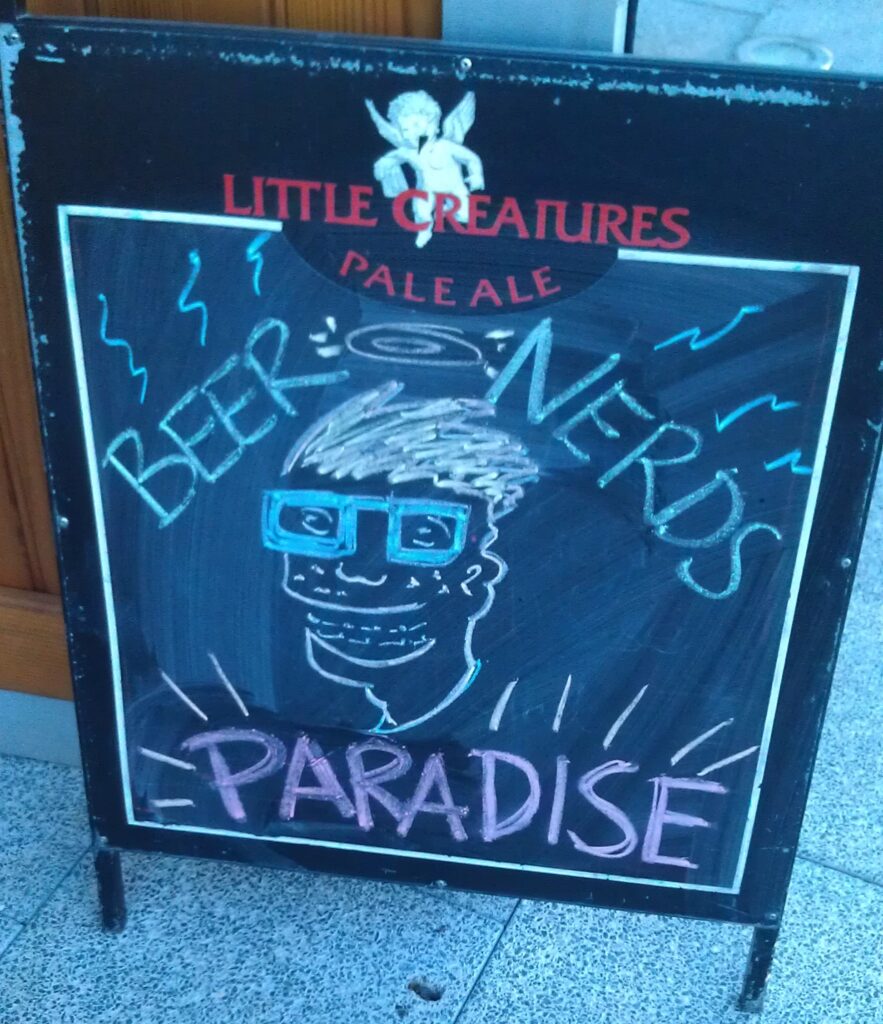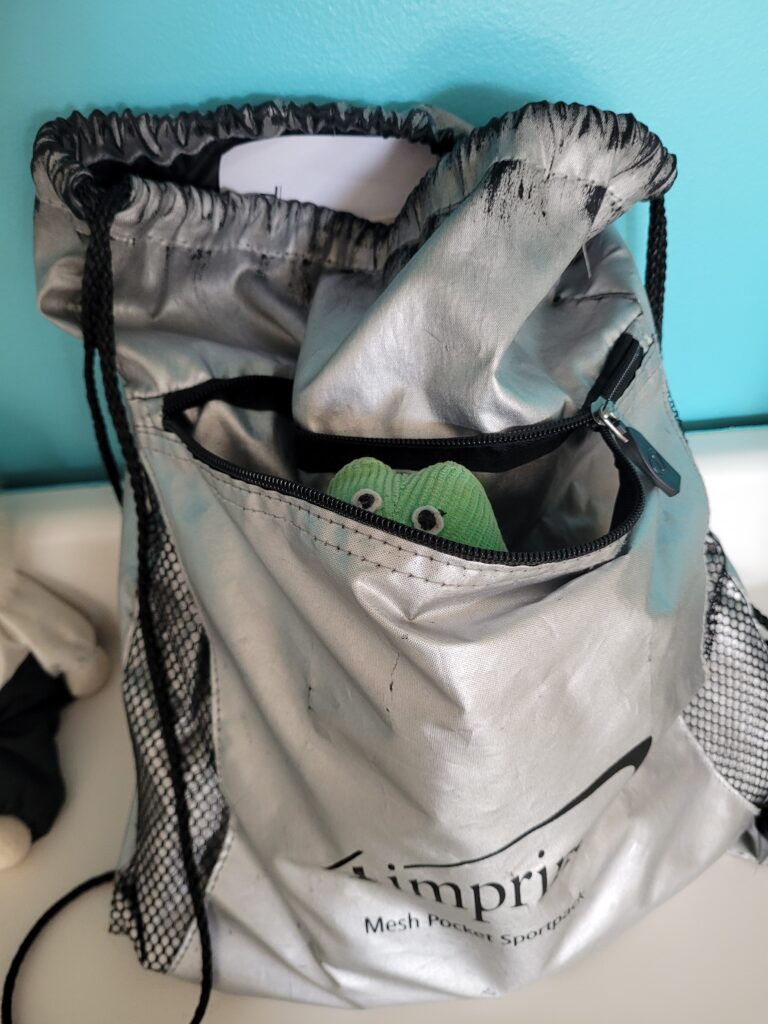It was a slow night at Suds. Partly this was due to the time of the year. Many of the snowbirds who came for the sunny weather were heading back to the northlands. The fact that the cable was on the fritz didn’t help. Many of the regulars who came to watch Wednesday Night Wrestling found other bars to watch the made-up mayhem that some call sport. Only seven patrons occupied the bar. Three semi-drunk local lawyers sat at the bar and discussed litigation, frustration, damnation, and titillation, all while downing draft beer. Two middle-aged women sat at a table near the front. Several large bags sat at the foot of their table, suggesting they’d been on a shopping spree. The only other people in the bar, besides Nick the bartender, were Horace and Grant, who sat at a table in the back.
Horace and Grant could usually be found at Suds on Wednesday evenings. They came to discuss the world as they knew it, while their wives, Henrietta, Horace’s wife, and Gloria, Grant’s wife, shopped, and had their hair done and nails manicured. Horace and Grant started with their first beer, and talked about the news of the day. Since they were only allowed two beers – doctor’s orders and their wives insistence – they sipped slowly, enjoying the quiet.
“Last night sure was a cluster . . . “, Grant told Horace.
“How’s that? What did you get into now?” Horace asked.
Grant told Horace about the John Denver tribute concert in their community the previous night, including the after-concert party Grant and Gloria worked. What started as a volunteer and fundraising opportunity for the basket-weaving club evolved into a Keystone Cops fiasco.
“Gloria got me involved with this after-concert dessert party. What a cluster . . . .”
“I heard you the first time, Grant. No need for cussing.”
Grant looked at Horace and replied. “If you’d have been there, you’d be cussing too. And laughing. The night was almost too bizarre to happen, but it did.”
“If you were involved, I believe it.”
Grant filled Horace in on the details.
“It went like this.”
Gloria volunteered to help serve cake and coffee after the concert Tuesday night. Of course, she volunteered me too. Dottie, the President of the basket-weaving club was in charge. Two other people were supposed to help.
We arrived at the community kitchen at 6:30, just like the e-mail from Dottie said. No one was there. We went home. Dottie called, wondering where we were. We went back to the kitchen. Dottie was there, but no one else.
Dottie took control. “First, let’s get the cake out and cut it into slices. Then we can put them on plates and back into the refrigerator until the concert is over.”
Gloria and I donned plastic gloves and headed toward the fridge. It was locked.
“Dottie.” I yelled. “I need the key.”
“The key for what?” she asked.
“The refrigerator. It’s locked.” I responded.
Dottie walked over and tried the handle on the large silver door. It was indeed locked. She walked around to the side and peered into the glass doors. You know, like the ones at the package store where the cold beer is loaded.
“WTF!” she squawked. “I don’t have the key. I’ll call security.”
A security guard arrived ten minutes later, just about the same time the other couple, Jim and Nancy came. We’d never met the security guard before. It turns out it was her first night.
“I’m new here, but maybe I can help. What’s the problem?” Catherine, the guard asked.
“We need the cake in the refrigerator, but the door is locked.” Dottie replied.
Catherine grabbed here key ring. There must have been thirty or more keys on it. She tried them all. None worked.
Dottie was starting to panic. She looked at Jim and asked, “Didn’t I send you the instructions on what to do tonight?”
Jim, an older man, with a thought-provoking look on his face replied, “Yep. I think so.”
“So what do we do now?” Dottie asked.
“Jim paused for a few seconds and replied, “Hmmmm . . . I don’t remember.”
Catherine chimed in. “Maybe I’ll call Stan, the other security guard. He’s been around awhile and knows the park better than me.”
Catherine called Stan. We all stood around for a few minutes, taking in our predicament. Dottie finally spoke. “Well, I’m not waiting around for security. I gotta get that cake.”
She opened one of the sliding glass doors, peered at the cake inside, and exclaimed, “I’ll climb through here. I think I can unlock the door from the inside.”
Before Catherine or anyone else could stop her, Dottie slid open the door, moved a few buckets of food to the side, and, headfirst, squeezed through the door. She would have made it safely too if her high-heel hadn’t of caught on the shelf. I heard a scream, and peered through the glass just in time to see Dottie hit the floor, kind of sideways, holding her right ankle. She screamed again, when a cream pie that was on a higher shelf tumbled off and hit her square in the face.
Just as Dottie was wiping pie off her face while cussing up a storm, Stan entered the kitchen. He saw and heard Dottie in the refrigerator and starting cussing up a storm of his own.
“What the Hell are you doing in there? And who let you go in there in the first place?”
Stan turned and looked at Catherine, who was trying to hide behind Jim and me.
“It happened so fast”, Catherine said. “I tried to stop her, but in she went before I could do anything.”
In the meantime, Dottie’s cussing turned to groans of agony. “I think I broke my ankle.” she exclaimed.
“Dammit! Stan yelled while he surveyed the situation. He instructed Catherine to call 9-1-1 as he moved over to the open sliding door. “Someone’s got to help her.” he said as he started his descent into the fridge.
Now Stan is no small guy. He’s at least six, two, and tips the scale around three hundred pounds. But in he went. Part ways at least. He got stuck halfway through the door. He was wedged in there like walrus jumping through a hula-hoop. He immediately started cussing again.
At that moment, Jim piped in, partially drowning out Stan’s tirade. “I think I remember where the key is. It’s in the bag of money.”
“What bag of money?” I asked. Now that Dottie and Stan were otherwise occupied, I figured I’d take charge.
“The bag of money we use for change when people want cake.” Jim answered.
“Good thinking, Jim. Do you know where the bag is?”
Jim thought again and replied, “Yep. Doris has it.”
“Who’s Doris”, I inquired.
“The vice-president. She has the money, and I’m sure the key is with it.”
“Well then, let’s call her and get her down here.” I said.
“Won’t work.” Jim replied. “I’m sure she has her phone off.”
“Why do you think that?” I asked Jim.
“Cause she’s in the concert.”
Over the moaning and cussing coming from the fridge, I decided that enough was enough. “I’m going to get the key.” I stated as I headed for the stairs leading to the concert hall on the second floor. I opened the door while the John Denver wannabe was singing about mountains and getting high, or something like that.
Interrupting John, I yelled, “Doris. We need you. Follow me and bring the money.”
Doris stood up, looking a bit embarrassed. “What’s going on?” she asked.
“We have an emergency in the kitchen. Follow me.” I looked up and added, “Is there a doctor in the house?” We have an injury that needs attention.”
“I’m a doctor.” came a voce from the stage. John Denver put down his guitar and jumped off the stage.
Doris, John, and I made it to the kitchen just as the EMT truck arrived. I got the key from the moneybag and unlocked the refrigerator door. The EMTs went inside. One tended to Dottie with John while the other EMT, with help from Catherine, Jim and me, unwedged Stan from the shelf. Stan wasn’t hurt. He was just pissed. Dottie was loaded onto a stretcher. Stan walked out of the fridge on his own. Catherine, Jim and I followed, just in time to see a throng of people standing outside of the kitchen.
“What do they want?” I asked.
Doris answered. “I guess the concert is over. They want cake.”
Gloria, who had been quiet the whole time, finally spoke. “I guess I’ll start cutting the cake.”
“I have money for change.” Doris added.
The concert moved downstairs. Someone brought John’s guitar to the kitchen. Gloria and Doris handed out cake while John sang about country roads and feather beds, or something like that. We found out later that Dottie only had an ankle sprain. Stan left with Catherine, cussing her out the whole time. That’s the end of the story.
Horace looked at Grant and asked. “Did that all really happen? I know how you like to exaggerate stories.”
“It’s all true. If you don’t believe me, ask Gloria or Stan. Or even Dottie or Doris. Just don’t ask Catherine or Jim.” he added.
“Why not them?” Horace asked.
“I think Catherine got fired. And Jim won’t remember. He barely remembers anything.”





